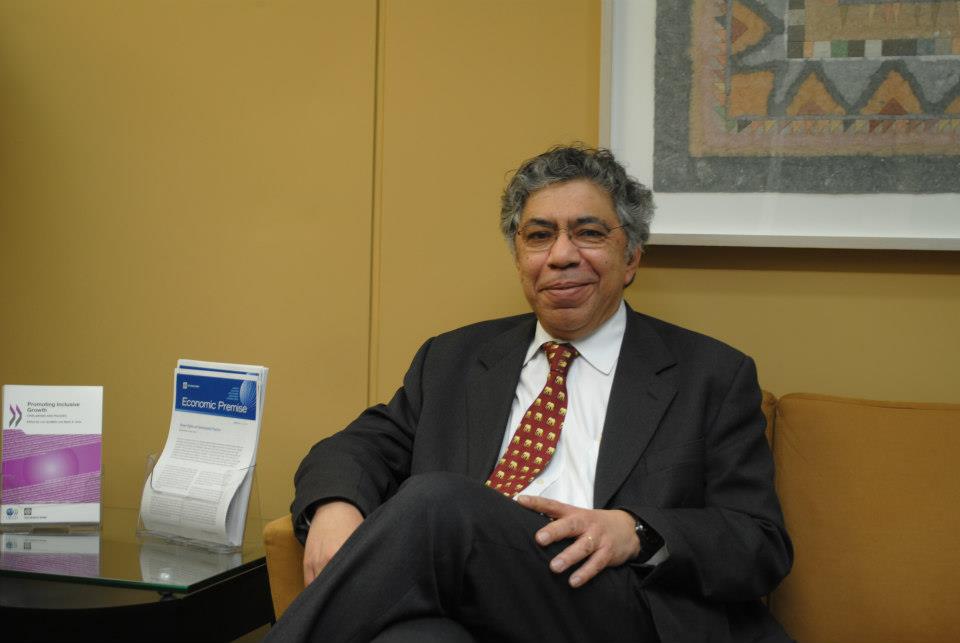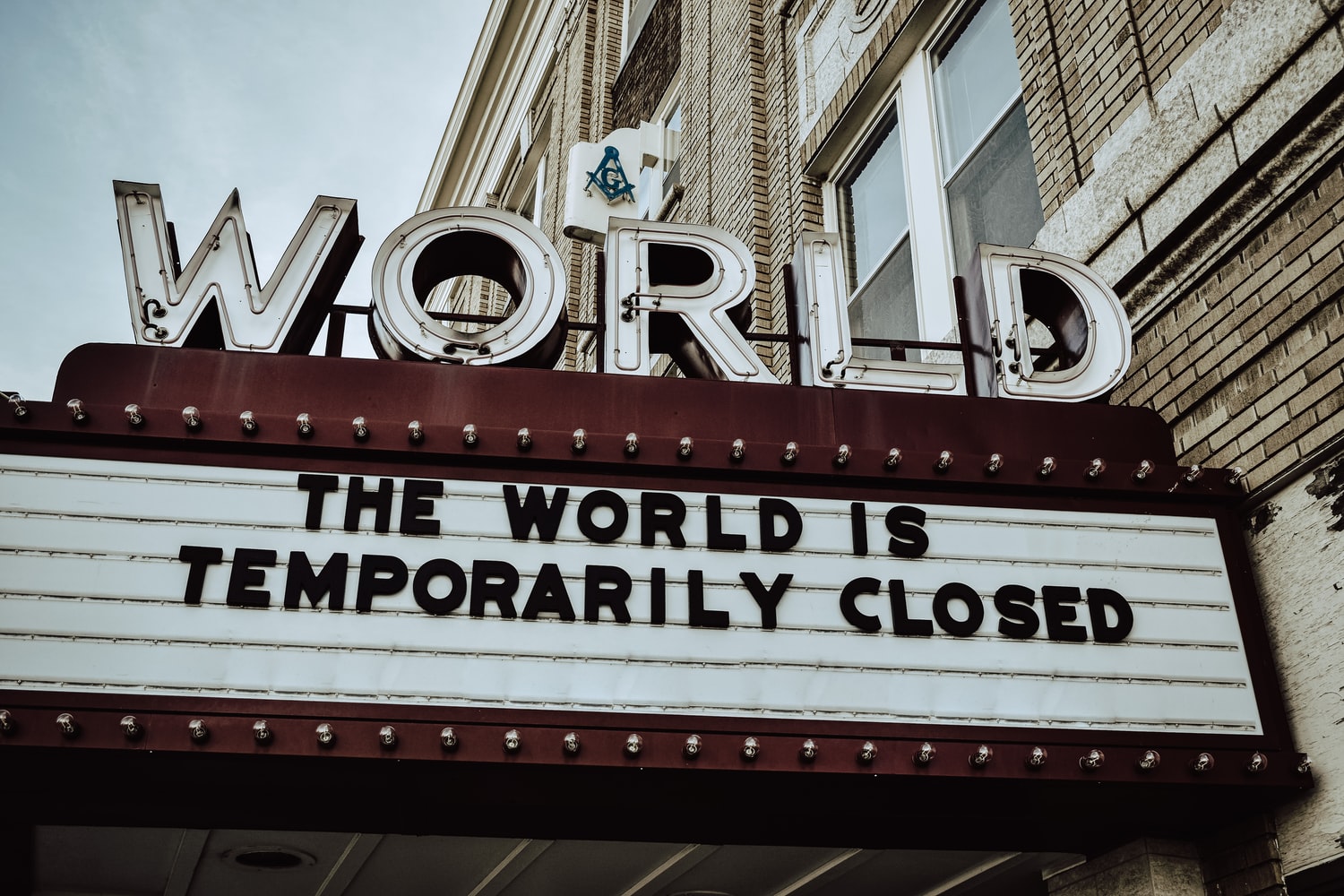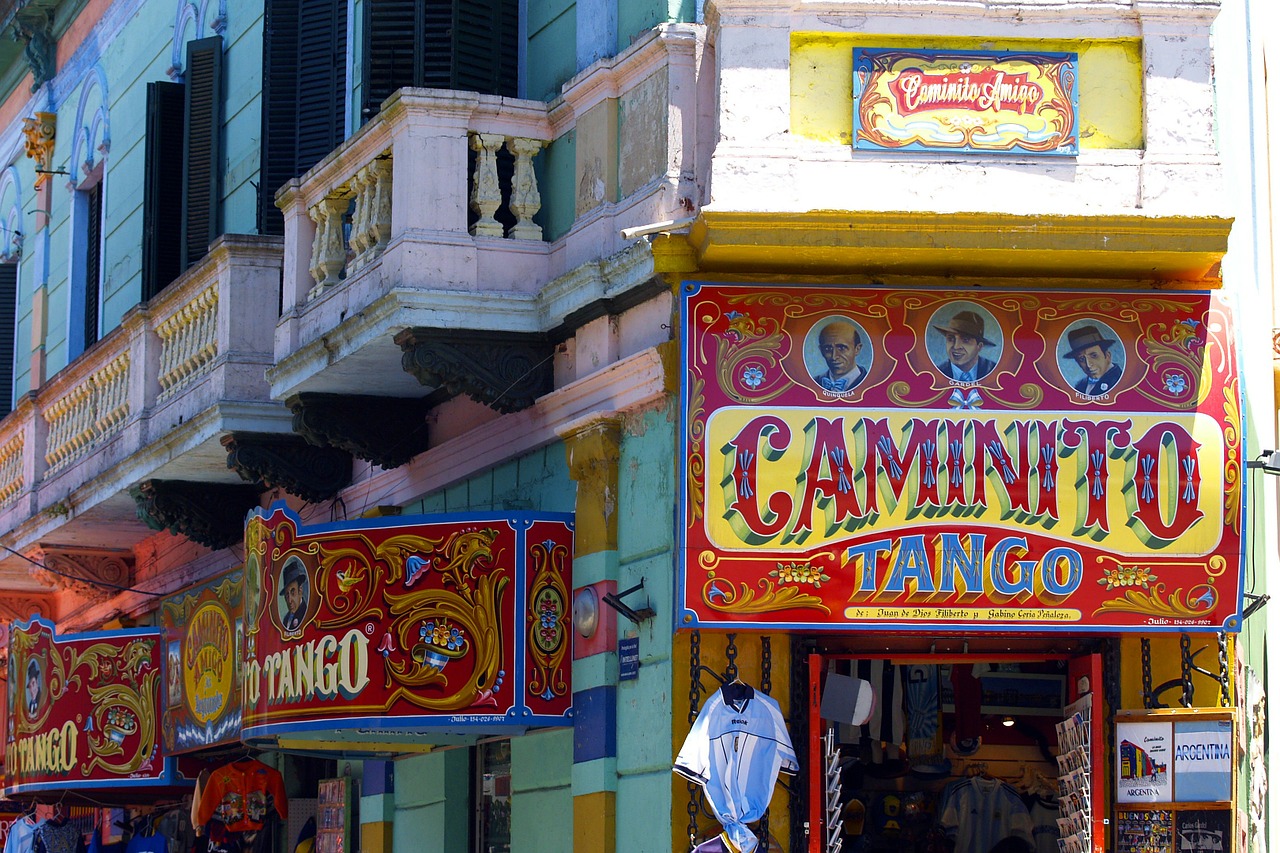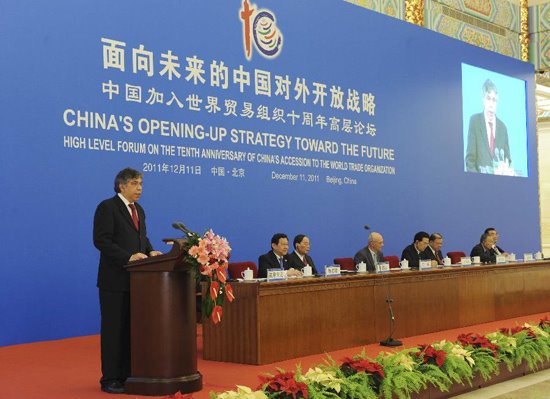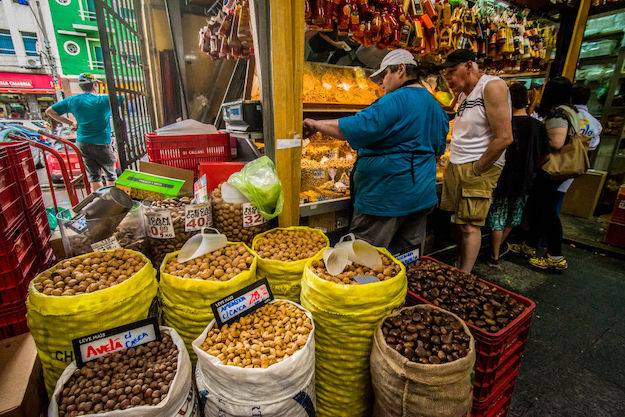Why a Weaker Dollar Might Be Good for Emerging Markets?
There is currently a convergence of views that, gradually or not, US current account deficits and insufficient domestic savings tend to slide down the relative value of the dollar. Four “channels of dollar transmission” explain why there is a negative correlation between the dollar's strength and economic growth of emerging market economies. A dollar depreciation against a wide basket of currencies in 2021 would likely be welcome by emerging economies.



